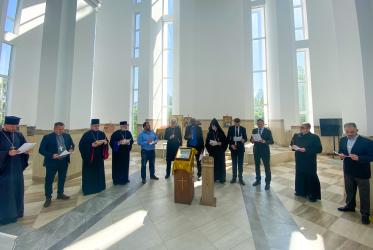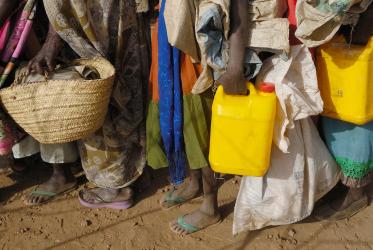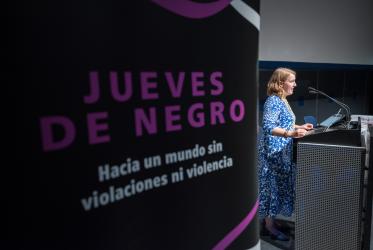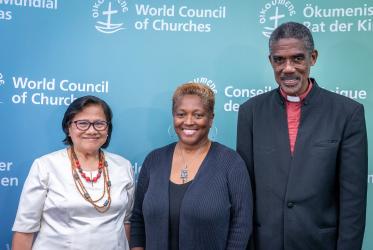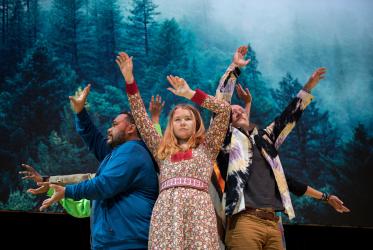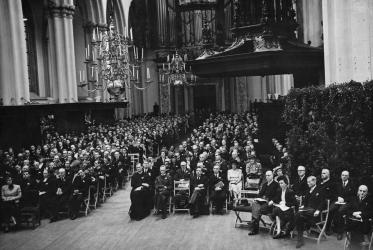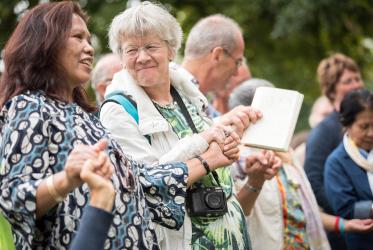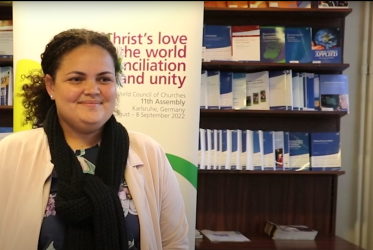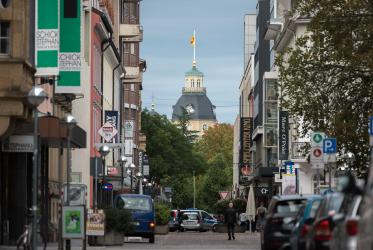Displaying 1 - 20 of 103
2022 Social Forum: Water for human rights and sustainable development
03 - 04 November 2022
Palais des Nations in Geneva, Switzerland
Are you a #ThursdaysinBlack trailblazer?
08 September 2022
Uppsala 1968: The times, they were a’changing
06 September 2022
Women with disabilities want to belong in churches
31 August 2022
WCC executive committee lights the way for WCC 11th Assembly
26 November 2021
Church of Sweden publicly apologises for abuse of Sámi people
26 November 2021
Dr Abuom reflects on women of faith as healers of creation
05 October 2021
Scottish and UK religious leaders call for urgent climate action
20 September 2021
